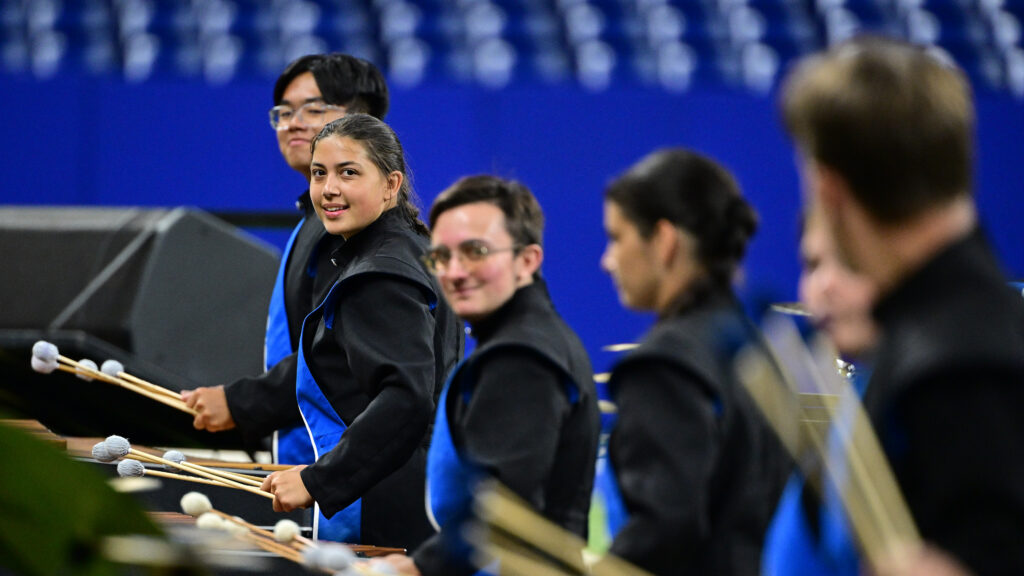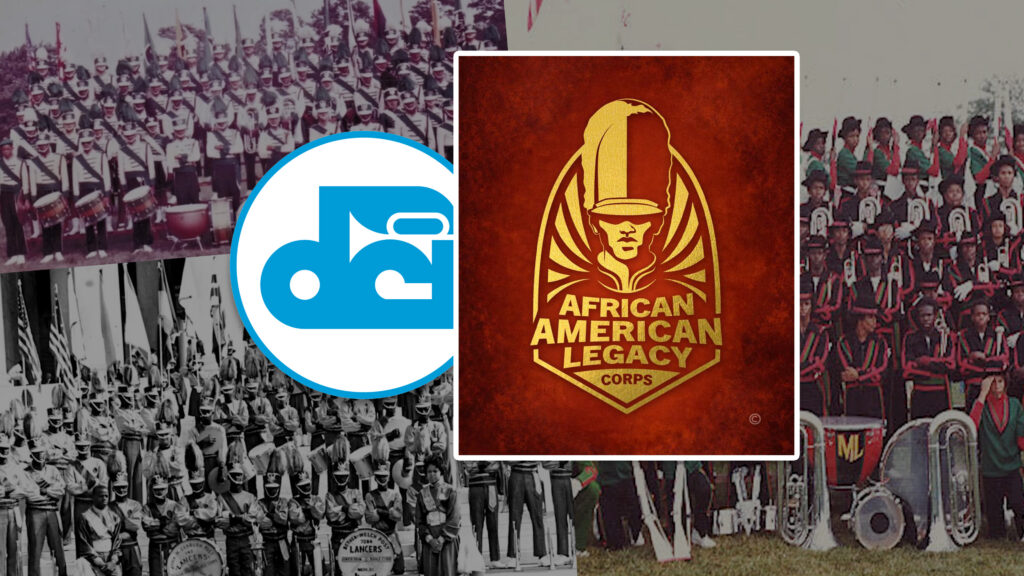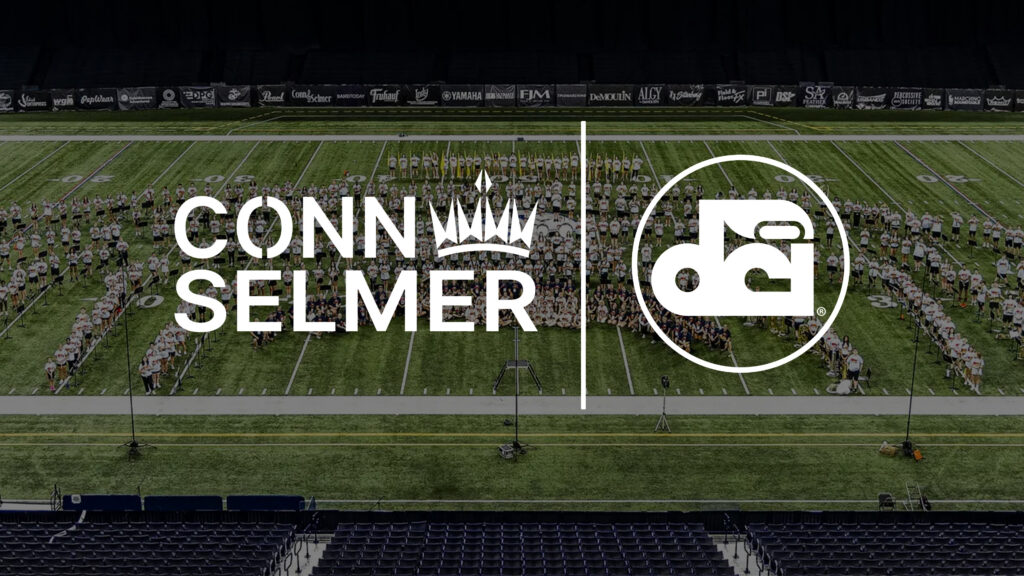Dr. Donald L. Fitzgerald sent in the following story. I have a framed picture in my office. But it’s not just any framed picture. This one has special meaning for me in that it is a picture of a lighthouse. It was taken at the edge of night as the rough and windy day was ending. There is just enough light to see the stormy seas crashing around its immovable solid rock base and to see the blue-gray clouds swirling overhead. Anyone caught in this storm — whether on land or sea — would not fare well. In all of this, the lighthouse is projecting a beacon of light out through the storm and into the sea. That’s what lighthouses do. They show the lost how to get to their desired destination. Or at least they warn others of impending dangers, lest ships drift too close to land, hit the rocks and sink. Underneath, there is a caption that reads, and I am paraphrasing here: “We never know how the things we think, do or say today will affect the lives of millions of people tomorrow.” I use the analogy of the lighthouse and the storm to remind myself of people, places and events that, in this case directly and indirectly, affected my life and the lives of many others. It wasn’t until recently (31 years later) that I came to realize that a certain single event (an act of kindness that went unnoticed by most of the drum corps world) would have an effect on a rival corps that helped me make if though a year of waning faith, discouragement and finally reach the fulfillment of a goal. This story requires you to read a previous story written by Paul Milano, a member of the 1973 Cavaliers.
[Fanfare (July 4, 2003) Beyond the Call of Duty: Dave Kampschroer]. I read the story about his experience of the decline of the Cavalier dynasty from the years of 1971-1973. I won’t spoil the story for you, but it involves DCI Hall of Fame member David Kampschroer, director of the Blue Stars. I could never tell this story without first reading that one, and I encourage you to do the same. I will relate to you a synopsis of what I got out of Paul’s experience in order to make my point. I was a rookie in the DesPlaines Vanguard in 1973. We were having a rough time, as were our crosstown rivals, the Cavaliers. I witnessed and experienced some of the same feelings as Paul did as we were both getting beaten by corps who for years had been announced before us when it came time for the scores to be read : The Kewanee Knights, the Guardsmen and the Toronto Optimists. Remember those names? I do! These corps worked hard for their success and deserved the scores and placements above us. We, on the other hand, could not say the same. What happened next maybe made the difference in the experience that Paul had that year. Paul relates how a director of another corps came to the middle of the Cavalier circle as they were preparing to spend the night in the usual drum corps accommodations (the school gym). Two other corps had cleared out of the same accommodations in order to let them (the Cavies) be with themselves. I like to think of it as a form of respect — a healthy respect. When I joined drum corps in 1970, I learned an unwritten rule that you didn’t hang around the Cavaliers too long when they were upset — I mean with those big belt buckles and all — but that was just a rumor. This certain corps director (referenced earlier) spoke to the Cavaliers. He didn’t have to do it. He asked permission, of course, and he had something none of the members of The Cavaliers had — a history of what it was like to be entertained by the Cavaliers over the many years of his life. It means something when one of your own tells you what it’s like to actually BE one of your own. It means something completely different when a competitor tells you what it’s like to admire you, your organization, your rich history and tradition. What feelings can you imagine when he told them how important it is that they survive and thrive in order for others to have the present day pleasure of competing against them and seeing them be competitive in the contest? Not just “hanging out,” but really being in there. By the beginning of the second year of my drum corps life, I was in awe of this corps. This Cavaliers that had placed 11th in the 1970 VFW prelims performed second in the night show (it’s a long story — an old drum corps member) and placed third in that same show could do no wrong in my eyes. They were the definition of the word power. I don’t know for sure what affect it had on the organization for the rest of that year — maybe a lot, maybe a little — but it definitely had an effect on at least one life. As I finished reading Paul’s letter, I realized that I had been affected by that event also. You see, the Cavaliers didn’t make the DCI Finals show that year. They also didn’t give up. They didn’t quit! I did take notice that they beat us in the night show that next year. I didn’t marvel at the their accomplishment, I admired them for it. It was my rookie year in the Blue Stars in 1974. Though I admired the Cavaliers, I wanted to beat them more than I wanted to join them — it’s kind of hard to explain, but many of you know what I mean. In 1976, the Blue Stars were in trouble, serious trouble. We attempted an east-west Wisconsin drum corps union that was failing miserably. Earlier that winter and spring, we spread the drum corps gospel and sent our missionaries (instructors) to the land of milk and honey. (Since I’m talking about Sheboygan, Wis., I mean that literally.) Come competition time we were hearing the names of drum corps that used to be announced before us, being announced after us. The Marquis, the Guardsmen, the Kewanee Knights — hey, this is starting to sound all too familiar. As before, those other corps worked for and deserved the higher placement they received. We probably got what we deserved also. As the tears were streaming down the faces of some of our corps members, I remember what I went through in 1973. As drum major that year, I felt just a little embarrassed about our performance and our placement and felt I had to at least say something. I couldn’t use my own past experience from 1973 due to the outcome, so I borrowed from another corps. I made a rah-rah speech on one of the buses about not crying and doing something about this situation. At one point I remember saying something like “ENOUGH OF THIS CRYING [censored], if the [censored] CAVALIERS CAN COME BACK FROM THE [censored] THEY WENT THROUGH IN ’73, THEN WE CAN COME BACK FROM THIS SAME [censored]!” I really wasn’t a swearing kind of guy. I was a church-going, good little Blue Star from Wisconsin, a transplant in God’s country! We cancelled shows and spent two or three solid weeks turning the grass seminary fields of LaCrosse into a Saharan wasteland. All I kept saying to myself and others was, “if Cavies can do it, then so can we”. When I inquired of Moe Latour (member of the DCI Hall of Fame) as to how other corps like the Troopers 1972-1973 and The Cavaliers 1973-1974 came back, he replied, “They didn’t give up, the staff wouldn’t let the kids quit on themselves.” He was always one to talk to me about solid organizations. He specifically mentioned them to me on numerous occasions. As you can imagine, we had a pretty good staff ourselves. Our organization wasn’t quitting on us, either. We did make the DCI Finals show that year. No, we didn’t beat the Blue Devils or the Madison Scouts — what the heck — we placed a respectable ninth with a darn good performance. Am I trying to say we owe it all to the Cavaliers and the Cavaliers owe it all to Dave Kampschroer? That would be a bit of a stretch. What I will say is the example they set inspired me, just as the example Mr. Kampschroer set inspired Paul and most likely others in the organization to not quit on themselves. I most certainly can say that I use that experience when I face difficult times in my life, when I feel like giving up. It’s that very same motivation that helped me go back to school and get a degree at 44 years of age. It’s that same motivation that keeps me from quitting my own start-up business now that I’m almost 50 years old. So you can imagine how I felt when I read Paul’s letter and realized that my “don’t quit” attitude in part came from an example set by a group of corps members — who were most likely in some way or another influenced by an act of kindness shown to them by a competitor — who was inspired by the history of their forbearers and able to relate it back to them from a perspective none of them had. Thanks Paul, thanks Moe, thanks David. Of course you recognize the analogy between the lighthouse (the competitor director), the beacon of light (the director’s message and the goal setting) and the storm (the situation and the corps losing faith in themselves) in this story and why that picture on my wall has special meaning to me. For every stormy situation, I try and find a lighthouse. Just like there are many lighthouses to take any captain and his ship safely from one point to the next in stormy seas, there are people in our lives that will do the same things — if we are ready to listen. Paul and his corps members were ready to listen. I, in turn, was ready to listen. The people I talk to in my line of work are ready to listen. My goal? To be their lighthouse! Sincerely,
Dr. Donald L. Fitzgerald
Michael Boo has been involved with drum and bugle corps since 1975, when he marched his first of three seasons with the Cavaliers.
He has a bachelor’s degree in music education and a master’s degree in music theory and composition.
He has written about the drum corps activity for over a quarter century for publications such as Drum Corps World, and presently is involved in a variety of projects for Drum Corps International, including souvenir program books, CD liner notes, DCI Update and Web articles, and other endeavors. Michael currently writes music for a variety of idioms, is a church handbell and vocal choir director, an assistant director of a community band, and a licensed Realtor in the state of Indiana. His other writing projects are for numerous publications, and he has published an honors-winning book on the history of figure skating. His hobbies include TaeKwonDo and hiking the Indiana Dunes. But more than anything, Michael is proud to love drum corps and to be a part of the activity in some small way, chronicling various facets of each season for the enjoyment of others.





